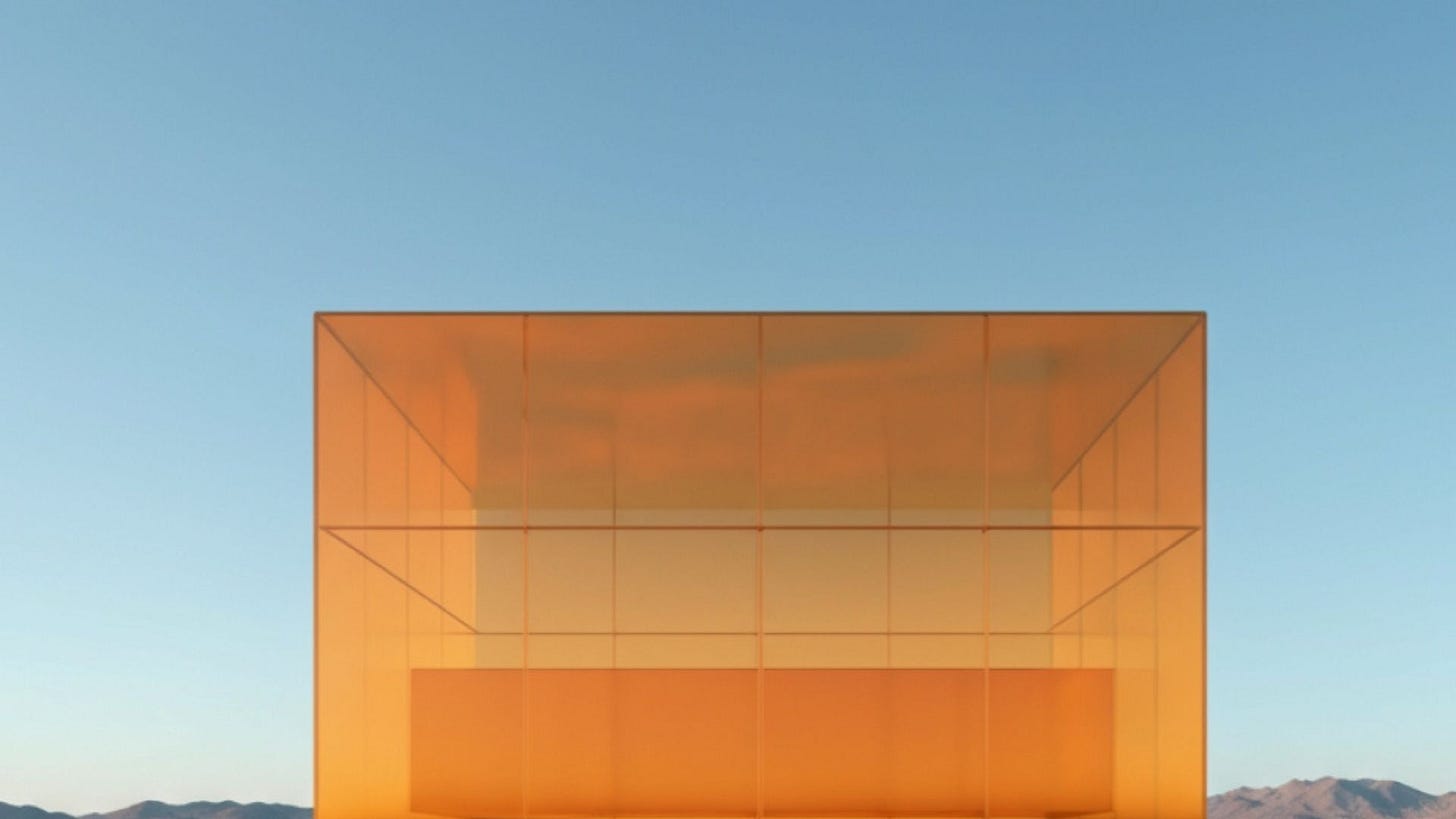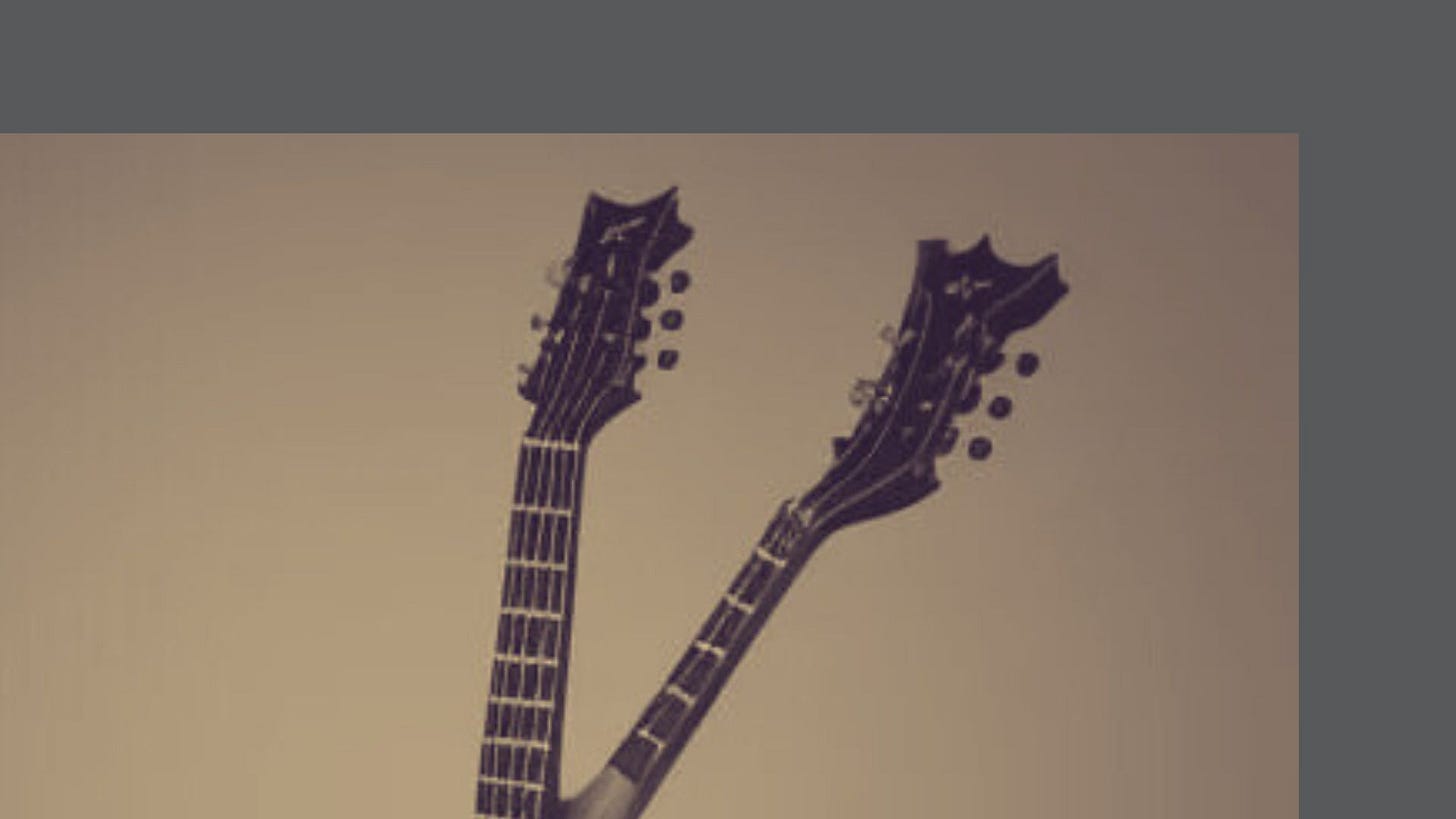John Zorn: Redefining Genre and Expanding the Boundaries
Reminding you that 'legend' gets thrown around a lot, but fits here
John Zorn stands as a major figure in avant-garde music, with a staggering catalog of over 400 albums that continually challenge and redefine musical boundaries. His work is more than just an exploration of genre—it is an interrogation of musical form itself, dismantling conventions while forging unexpected connections between disparate traditions.
From the frenetic intensity of Naked City to the intricate cultural fusions of Masada, Zorn’s compositions embody both intellectual depth and visceral emotional power. His ability to synthesize grindcore, jazz, contemporary classical and other traditions into a cohesive sonic language has made him one of the most influential experimental composers of the late 20th and early 21st centuries. This Reddit thread plumbs those depths.
Naked City: Deconstructing Musical Orthodoxy
One of Zorn’s most radical projects, Naked City, serves as a crucial touchstone in understanding his approach to composition. Albums like Torture Garden and Grand Guignol push the boundaries of genre synthesis, blending elements of:
Grindcore – Abrasive, high-speed bursts of sound that challenge the limits of musical structure.
Jazz – Complex improvisational passages woven into chaotic compositions.
Contemporary Classical Music – Avant-garde techniques that create a constantly shifting sonic landscape.
Rather than merely fusing genres, these works deconstruct their fundamental components, using sonic violence and rapid shifts in tempo as tools for exploring the limits of musical expression.
Cultural Fusion Through Improvisation
If Naked City represents Zorn’s most aggressive musical provocations, Masada showcases his ability to bridge historical and contemporary influences. This long-running project explores the intersection of Jewish musical traditions and modern improvisation. Albums like The Circle Maker and Bar Kokhba reveal:
The reinvention of ancient melodic structures through experimental techniques.
A deep engagement with Jewish heritage, highlighting the spiritual essence of traditional music.
The seamless integration of chamber music, free jazz, and rock influences into a singular compositional voice.
Zorn’s work in Masada demonstrates how seemingly distinct traditions can converge, revealing shared emotional and spiritual threads that transcend time and geography.
The Big Gundown: Reinventing the Past
Zorn’s approach to composition extends beyond original works—his ability to reimagine existing musical material is equally transformative.
The Big Gundown, his reinterpretation of Ennio Morricone’s film scores, serves as a prime example of this methodology. Rather than treating Morricone’s compositions as fixed texts, Zorn reconfigures them into entirely new cultural artifacts, infusing them with:
Unexpected harmonic shifts and textural disruptions.
The aggressive energy of free jazz and experimental rock.
A postmodern sensibility that challenges traditional notions of authorship.
Through projects like The Big Gundown, Zorn’s reinvention can be just as innovative as creation, breathing new life into established works through radical reinterpretation.
Exploring Ritual and Atmosphere: IAO and Nosferatu
Zorn’s vast catalog also includes works that delve into atmospheric and ritualistic intensities. Albums such as IAO and Nosferatu move away from genre-blurring chaos and instead focus on creating immersive sonic environments. These works function not only as music but as metaphysical explorations of sound, incorporating:
Dark ambient textures that evoke haunting and otherworldly spaces.
Ritualistic repetitions that transform listening into an almost trance-like experience.
Sonic landscapes that challenge the listener’s perception of time and structure.
These compositions reveal another dimension of Zorn’s artistry—his ability to craft deeply evocative musical spaces that transcend traditional narrative or harmonic expectations.
Emotional Threads in Zorn’s Music
One of the most remarkable aspects of Zorn’s work is his ability to balance rigor with emotional resonance. While many avant-garde composers prioritize theoretical complexity, Zorn’s music never loses its visceral impact.
His contributions to contemporary music serve not just as technical achievements but as emotional and cultural statements, reinforcing the idea that avant-garde music can be both intellectually challenging and profoundly moving.
Zorn’s career exemplifies the boundless potential of experimental music. By refusing to be confined by traditional genre constraints, he has created a body of work that is both experimental and deeply human. His influence stretches across jazz, classical, noise, and global musical traditions, proving that true innovation lies in the fearless pursuit of new sonic territories.
Whether through radical deconstruction, cultural fusion, or immersive sonic environments, Zorn’s work continues to reshape our understanding of what music can be. His compositions do not simply exist within musical history—they actively rewrite it, opening new pathways for future explorations of sound.
FAQ + TLDR
What makes John Zorn’s music unique?
John Zorn’s music defies genre boundaries, blending elements of jazz, grindcore, contemporary classical, and Jewish musical traditions into a highly distinctive and experimental sound.
What is Naked City, and why is it important?
Naked City is one of Zorn’s most influential projects, known for its rapid genre shifts, extreme sonic violence, and exploration of the limits of musical expression.
What role does reinterpretation play in Zorn’s work?
Zorn often reimagines existing compositions, such as Ennio Morricone’s film scores in The Big Gundown, transforming them into entirely new and innovative musical works.
Does John Zorn focus only on chaotic compositions?
No, while some of his work is intense and aggressive, albums like Nosferatu and IAO showcase his ability to create atmospheric, meditative, and ritualistic soundscapes.
Why is John Zorn considered one of the most important avant-garde composers?
His prolific output, fearless genre experimentation, and ability to balance intellectual depth with emotional power make him one of the most significant figures in contemporary avant-garde music.
Found Sound
Summer Film categorizes itself as ambient on its latest album, Gardens to visit this weekend, but there’s plenty of chaos too.
Inspired by artists like Tim Hecker, Drax has shared this visualizer for a recording of manipulated piano.
“These tracks capture the feelings one might experience in the solitary corners of the Europe and North America,” start the liner notes for Shelter, the new release by Los Angeles’ Empty Buildings.
Live improv with sax and more? floating arm has got you on this 30-minute track just released.
A touch noisy, slivers of electronic beats and quirky images are part of a posted track by The Plimoth Enters.
Austin’s Texas’ PASSAGE has a new full-length of drone, called Gateway, on Bandcamp.







